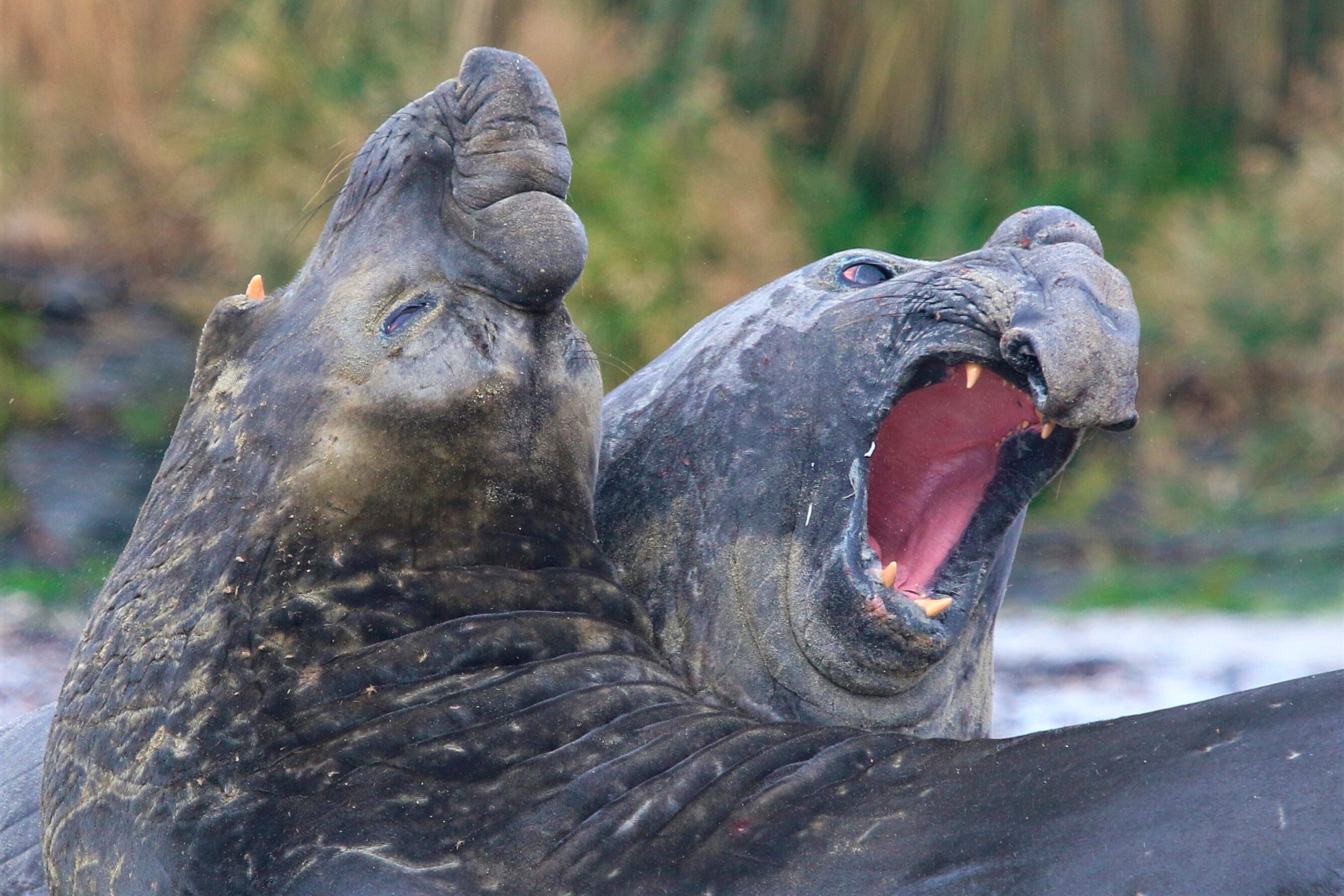'Most remote island' creates massive marine protection zone
Tristan da Cunha, an island with 245 permanent residents, has created a marine protection zone to safeguard wildlife in an area of the South Atlantic three times the size of the United Kingdom

Tristan da Cunha, an island with 245 permanent residents has created a marine protection zone to safeguard wildlife in an area of the South Atlantic three times the size of the United Kingdom
The government of the British overseas territory, which calls itself the most remote inhabited island on earth, said Friday that fishing and other “extractive activities” will be banned from an area of 627,247 square kilometers (242,181 square miles).
The sanctuary will be the biggest “no-take zone” in the Atlantic Ocean and the fourth biggest anywhere in the world, the territory said. The designation will help to safeguard millions of seabirds, including yellow-nosed albatross and rockhopper penguins, as well as whales, sharks and seals, the government said.
The protection zone will become part of the U.K.’s Blue Belt Program, which is providing 27 million pounds ($35.5 million) to promote marine conservation by the country’s overseas territories. The initiative has now protected 4.3 million square miles (11.1 million square kilometers) of marine environment, or 1% of the world’s oceans, Prime Minister Boris Johnson’s office said.
“Our life on Tristan da Cunha has always been based around our relationship with the sea, and that continues today,” James Glass, the territory’s chief islander, said in a statement. “That’s why we’re fully protecting 90% of our waters, and we’re proud that we can play a key role in preserving the health of the oceans.”
The territory includes four main islands, the largest of which is Tristan da Cunha, located 2,810 kilometers (around 1,750 miles) west of Cape Town, South Africa. It was discovered by the Dutch in 1643.
Britain took possession of Tristan da Cunha 1816, establishing the territory’s first permanent settlement. The island was evacuated after a volcanic eruption in 1961, but the islanders returned in 1963.
Bookmark popover
Removed from bookmarks